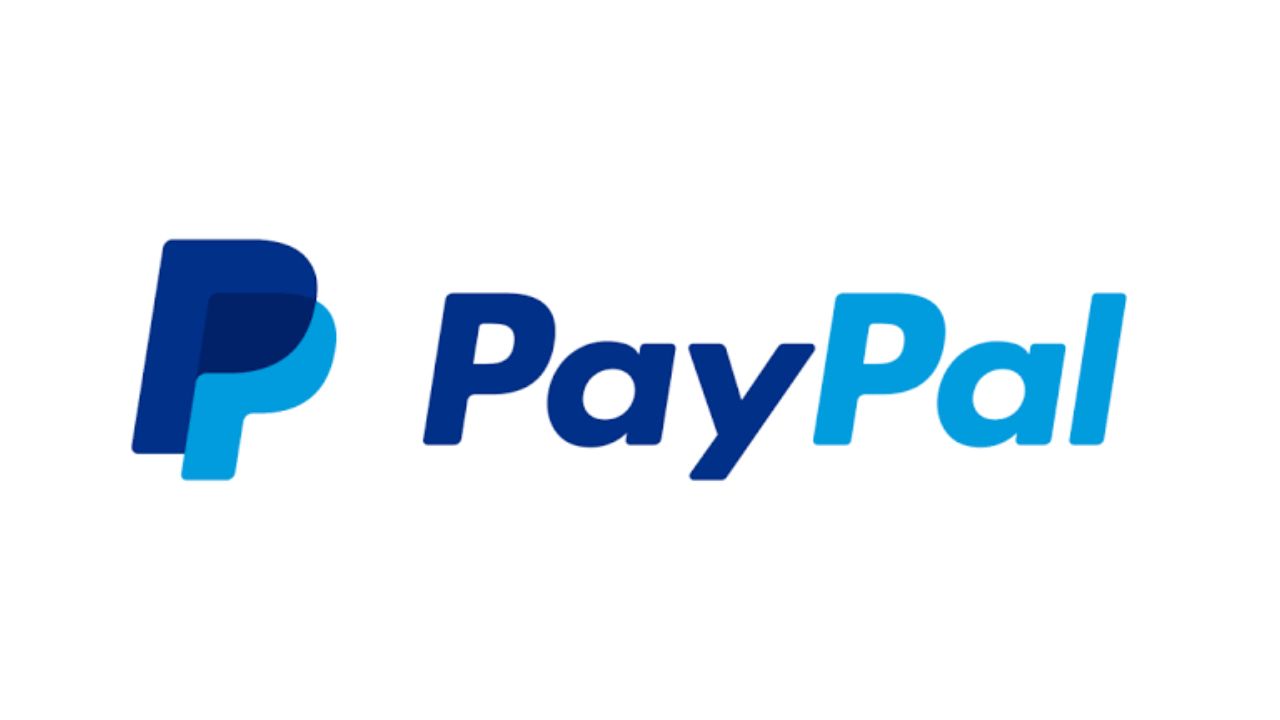Online payment company PayPal has enabled the purchase, selling, and holding of crypto for United States merchants. Before now, the fintech giant allowed retail users to access crypto assets through their PayPal and Venmo accounts.
PayPal Welcomes U.S. Merchants to Crypto
The payment company will allow U.S. business account owners to externally transfer crypto to third-party wallets via an on-chain channel. These merchants can also receive supported crypto assets from external blockchain wallet addresses.
PayPal’s senior vice president of blockchain, cryptocurrency, and digital currencies, Jose Fernandez da Ponte, stated that integrating crypto into PayPal in 2020 helped the company better understand the digital asset market, paving the way for subsequent developments, including the latest initiative.
“Business owners have increasingly expressed a desire for the same cryptocurrency capabilities available to consumers. We’re excited to meet that demand by delivering this new offering, empowering them to engage with digital currencies effortlessly,” the executive said.
The announcement revealed that the newly introduced services will not initially be unavailable to U.S. merchants based in New York.
PayPal’s History With Crypto
PayPal plunged into the crypto space in 2020 when it allowed retail users to buy, sell, and hold crypto assets in their PayPal and Venmo accounts. Fast-forward to 2023, when the fintech firm rolled out its U.S.-denominated stablecoin, PayPal USD (PYUSD), in collaboration with the blockchain platform Paxos.
In April 2024, PYUSD was integrated into PayPal’s Xoom platform, allowing users to send the stablecoin to friends and family overseas without transaction fees.
PYUSD was natively launched on the Ethereum mainnet. In May, however, the stablecoin’s presence was expanded to the layer-1 Solana network. PYUSD’s presence on Solana allowed the stablecoin to tap into the blockchain’s fast throughput and cheap transaction fees. The stablecoin is also useable within Solana-based decentralized applications (dApps), extending its utilities.
Like PayPal, other payment companies like Mastercard and Stripe have embraced crypto into their ecosystem.
